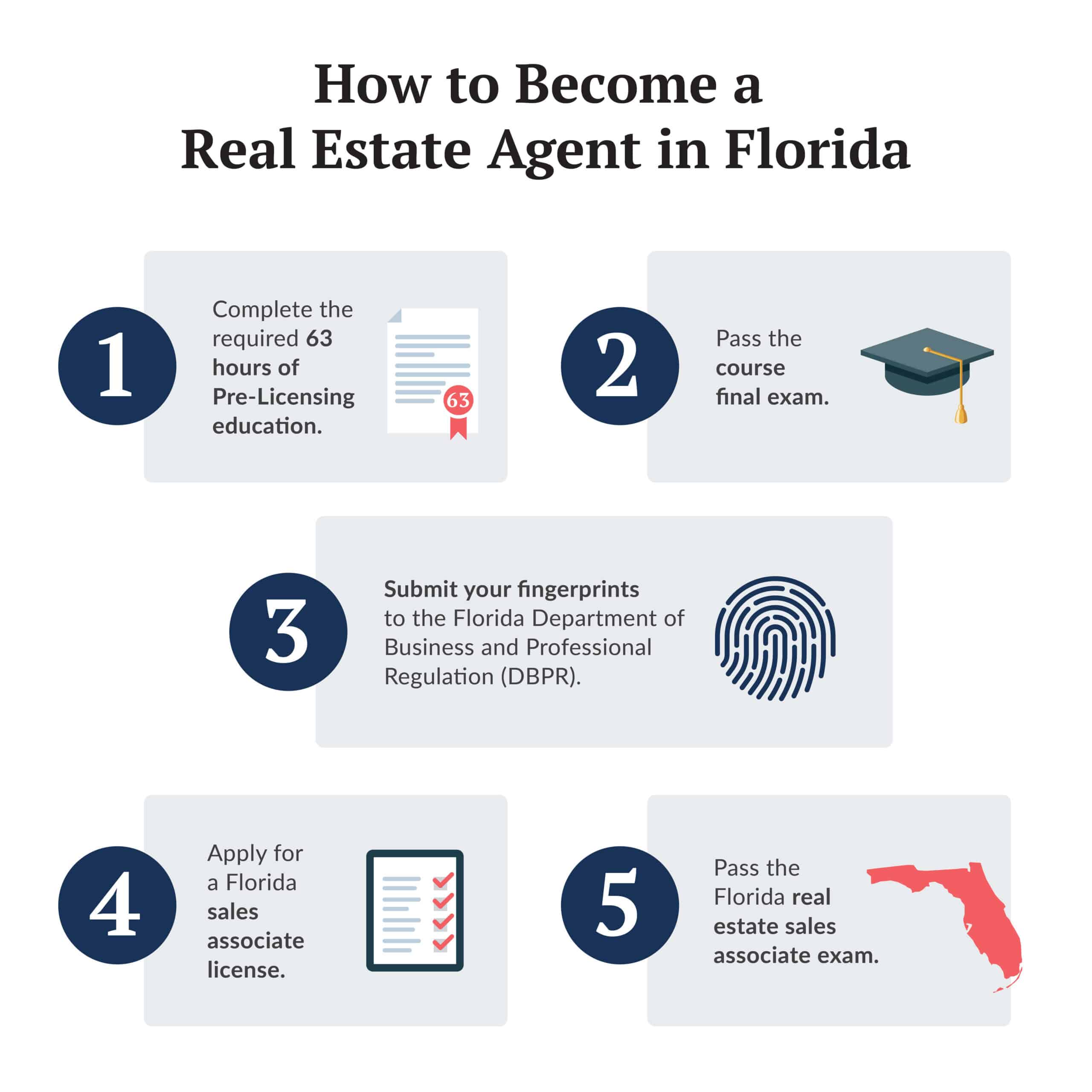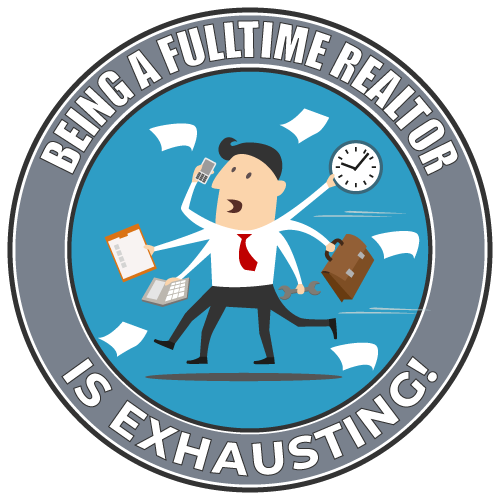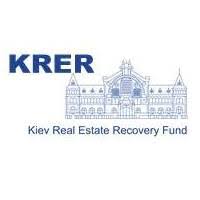
There are many fees that you may be responsible for when you buy or sell a house. Fees paid by your real estate agent are the most basic. These fees are charged for the services that your agent provides. These services include the marketing of your home, negotiations with potential buyers, and closing the deal.
Real estate agents are skilled and knowledgeable in their chosen field. They can help make your home buying experience stress free and easy. A realtor is a valuable resource that can help you find the perfect property at an affordable price. It also helps to close faster. You may be interested in learning more about the fees of a real agent before you begin to negotiate.
Agents typically charge between 5-6 percent and 66% of the sale price. A listing fee may also be required. A listing agent charges a fee for placing the home on market. It is charged at the closing of the transaction.

The costs of a real property transaction also include attorney fees, title searches, underwriting and recording. These costs can vary depending on the home's cost. They could be anywhere from two to seven per cent of the sale price. If the seller is willing, this cost can be reduced.
The mortgage will not cover realtor fees. Ask your lender to provide a close-to-true estimate of closing costs before you consider a loan. In most cases, the majority of these fees will be covered. However, you can sometimes negotiate down the fee to cover the cheapest possible version of the services you require.
There are some instances where a seller will offer to pay a buyer's agent commission. This could be a great option for a motivated buyer. But there are also instances where a seller might refuse to do so. Often, this is because the sale price of the property is under market value. Some sellers waive repair fees before closing. No matter what reason, the buyer should always be able and willing to negotiate a better price.
Keep in mind the MLS syndication charge. This is a small percentage of the sale price that is paid to the broker. MLS syndication refers to a service Realtors use to advertise the listing via multiple listing services (MLSs).

Marketing and staging are some other costs that might be associated with a real property transaction. Agents will often ask clients to pay for these expenses. While staging fees are high, they don't reimburse clients for their time. Marketing fees can be less ambiguous but can be negotiated down.
Real estate agents' fees are not necessarily lower, but you can reduce their costs by making sure they meet your needs. Choosing the best realtor is one of the best investments you'll make. You'll not only save money in the long-term, but the process will also go more smoothly.
FAQ
Should I rent or purchase a condo?
Renting is a great option if you are only planning to live in your condo for a short time. Renting allows you to avoid paying maintenance fees and other monthly charges. The condo you buy gives you the right to use the unit. You can use the space as you see fit.
Which is better, to rent or buy?
Renting is often cheaper than buying property. It's important to remember that you will need to cover additional costs such as utilities, repairs, maintenance, and insurance. A home purchase has many advantages. You'll have greater control over your living environment.
How long does it take to get a mortgage approved?
It depends on several factors such as credit score, income level, type of loan, etc. It usually takes between 30 and 60 days to get approved for a mortgage.
How much will it cost to replace windows
Window replacement costs range from $1,500 to $3,000 per window. The cost of replacing all your windows will vary depending upon the size, style and manufacturer of windows.
How do I fix my roof
Roofs can leak due to age, wear, improper maintenance, or weather issues. For minor repairs and replacements, roofing contractors are available. Contact us to find out more.
What are the pros and cons of a fixed-rate loan?
Fixed-rate mortgages allow you to lock in the interest rate throughout the loan's term. This means that you won't have to worry about rising rates. Fixed-rate loans come with lower payments as they are locked in for a specified term.
Statistics
- This means that all of your housing-related expenses each month do not exceed 43% of your monthly income. (fortunebuilders.com)
- This seems to be a more popular trend as the U.S. Census Bureau reports the homeownership rate was around 65% last year. (fortunebuilders.com)
- Private mortgage insurance may be required for conventional loans when the borrower puts less than 20% down.4 FHA loans are mortgage loans issued by private lenders and backed by the federal government. (investopedia.com)
- Based on your credit scores and other financial details, your lender offers you a 3.5% interest rate on loan. (investopedia.com)
- The FHA sets its desirable debt-to-income ratio at 43%. (fortunebuilders.com)
External Links
How To
How to Manage a Rent Property
Renting your home can be a great way to make extra money, but there's a lot to think about before you start. We'll help you understand what to look for when renting out your home.
Here's how to rent your home.
-
What should I consider first? You need to assess your finances before renting out your home. You may not be financially able to rent out your house to someone else if you have credit card debts or mortgage payments. It is also important to review your budget. If you don't have enough money for your monthly expenses (rental, utilities, and insurance), it may be worth looking into your options. You might find it not worth it.
-
How much does it cost for me to rent my house? It is possible to charge a higher price for renting your house if you consider many factors. These factors include location, size, condition, features, season, and so forth. Remember that prices can vary depending on where your live so you shouldn't expect to receive the same rate anywhere. Rightmove estimates that the market average for renting a 1-bedroom flat in London costs around PS1,400 per monthly. This means that your home would be worth around PS2,800 per annum if it was rented out completely. It's not bad but if your property is only let out part-time, it could be significantly lower.
-
Is this worth it? It's always risky to try something new. But if it gives you extra income, why not? It is important to understand your rights and responsibilities before signing anything. You will need to pay maintenance costs, make repairs, and maintain the home. Renting your house is not just about spending more time with your family. Before signing up, be sure to carefully consider these factors.
-
Is there any benefit? Now that you have an idea of the cost to rent your home, and are confident it is worth it, it is time to consider the benefits. Renting your home is a great way to get out of the grind and enjoy some peace from your day. Whatever you choose, it's likely to be better than working every day. If you plan well, renting could become a full-time occupation.
-
How do I find tenants? Once you've made the decision that you want your property to be rented out, you must advertise it correctly. You can start by listing your property online on websites such as Rightmove and Zoopla. Once potential tenants reach out to you, schedule an interview. This will allow you to assess their suitability, and make sure they are financially sound enough to move into your house.
-
What can I do to make sure my home is protected? If you are worried about your home being empty, it is important to make sure you have adequate protection against fire, theft, and damage. In order to protect your home, you will need to either insure it through your landlord or directly with an insured. Your landlord will typically require you to add them in as additional insured. This covers damages to your property that occur while you aren't there. If you are not registered with UK insurers or if your landlord lives abroad, however, this does not apply. In this case, you'll need to register with an international insurer.
-
Sometimes it can feel as though you don’t have the money to spend all day looking at tenants, especially if there are no other jobs. It's important to advertise your property with the best possible attitude. Make sure you have a professional looking website. Also, make sure to post your ads online. Additionally, you'll need to fill out an application and provide references. Some people prefer to do everything themselves while others hire agents who will take care of all the details. You'll need to be ready to answer questions during interviews.
-
What happens once I find my tenant If you have a current lease in place you'll need inform your tenant about changes, such moving dates. Otherwise, you can negotiate the length of stay, deposit, and other details. Keep in mind that you will still be responsible for paying utilities and other costs once your tenancy ends.
-
How do you collect rent? When it comes time for you to collect your rent, check to see if the tenant has paid. You'll need remind them about their obligations if they have not. After sending them a final statement, you can deduct any outstanding rent payments. You can always call the police to help you locate your tenant if you have difficulty getting in touch with them. They won't normally evict someone unless there's been a breach of contract, but they can issue a warrant if necessary.
-
How do I avoid problems? Renting out your house can make you a lot of money, but it's also important to stay safe. Ensure you install smoke alarms and carbon monoxide detectors and consider installing security cameras. Make sure your neighbors have given you permission to leave your property unlocked overnight and that you have enough insurance. You should never allow strangers into your home, no matter how they claim to be moving in.